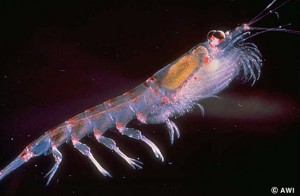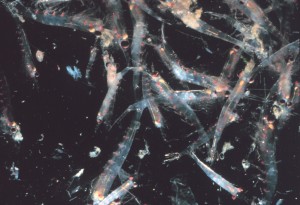 What are Krill and where do they come from?
What are Krill and where do they come from?
Krill is the common name given to the Euphausiacea of shrimp-like marine crustaceans. Also known as euphausiids, these small invertebrates are found in all oceans of the world. The common name Krill comes from the Norwegian word krill, meaning “young fry of fish”, which is also often attributed to other species of fish. Krill are found in all oceans of the world but harvested from the Antarctic waters and Southern Oceans.
These small crustaceans fuel the oceans of the world. Krill feed on phytoplankton, microscopic, single-celled plants that drift near the ocean’s surface and live off carbon dioxide and the sun’s rays. They feed hundreds of animals from fish, birds and whales. Antarctic krill are among the largest of the 85 known krill species and can live up to 10 years.
Krill oil contains omega-3 fatty acids, which is the main reason it’s a popular nutritional supplement.
Krill oil is contains an antioxidant called astaxanthin. The algae that krill eat produce the bright red pigment astaxanthin that gives krill and other crustaceans such as lobster and shrimp their reddish-pink color.
 Unlike fish oil, krill oil doesn’t cause fishy burps or an after taste. Also, krill oil contains higher amounts of astaxanthin than fish oil.
Unlike fish oil, krill oil doesn’t cause fishy burps or an after taste. Also, krill oil contains higher amounts of astaxanthin than fish oil.
Side Effects
People with allergies to seafood shouldn’t use krill oil. People with bleeding disorders shouldn’t use krill oil unless under the supervision of a qualified health professional.
What is so special about Tri- KRILL ™?
Tri- KRILL ™ oil contains no less than 42% Phospholipids and 1500 ppm of Astaxanthin, the highest of any krill oil product on the market. Every batch is tested for contaminants and heavy metals. We feel we have set the highest standards for quality in our krill oil. It is also independently tested with 3rd party testing.
How is Tri- KRILL ™ Oil manufactured?
Our Tri- KRILL ™ Oil is manufactured at a state of the art manufacturing facility that has been working with nutritional lipids for over 12 years. This facility is recognized worldwide for its standards and the quality of lipids they produce.